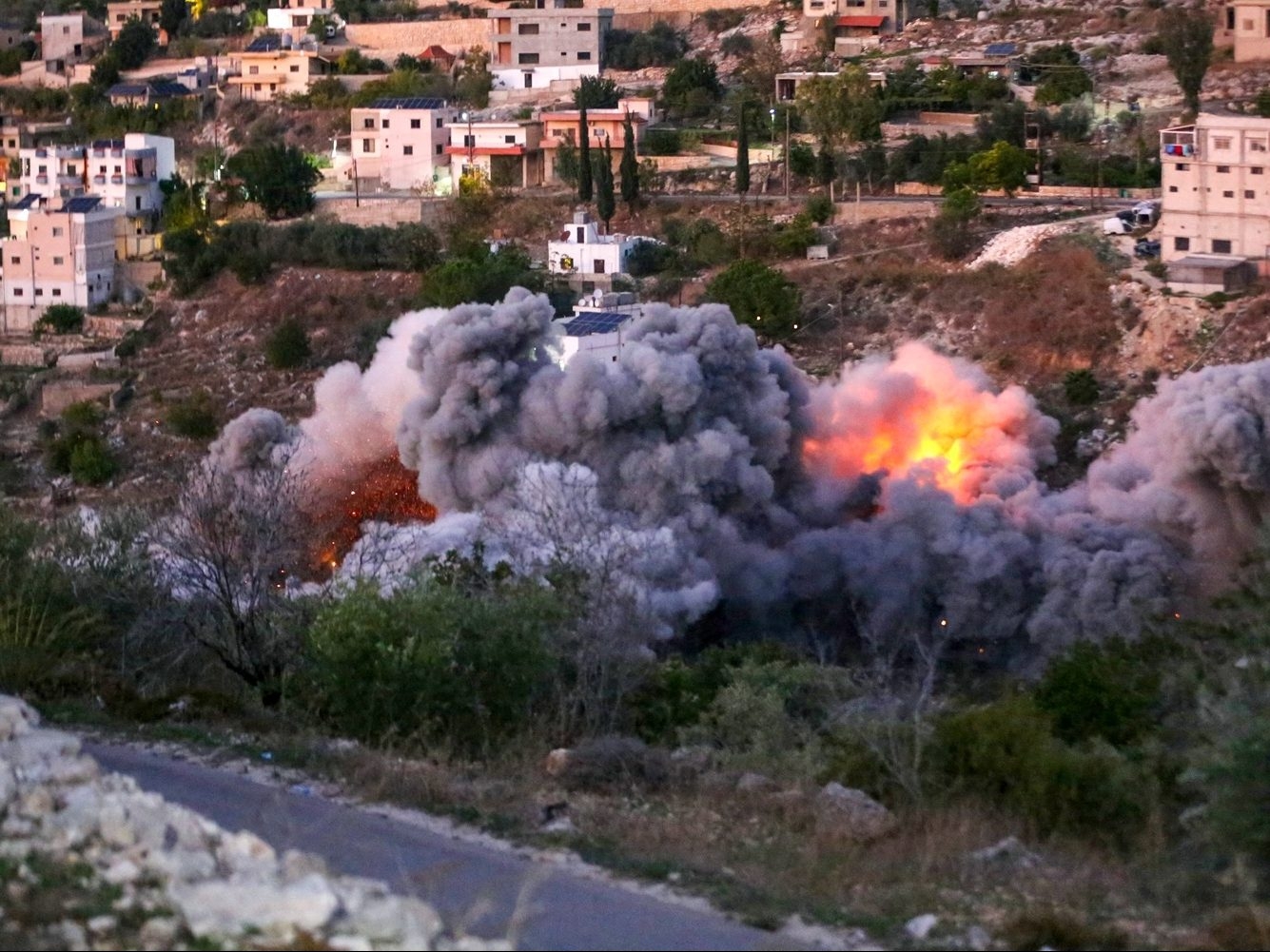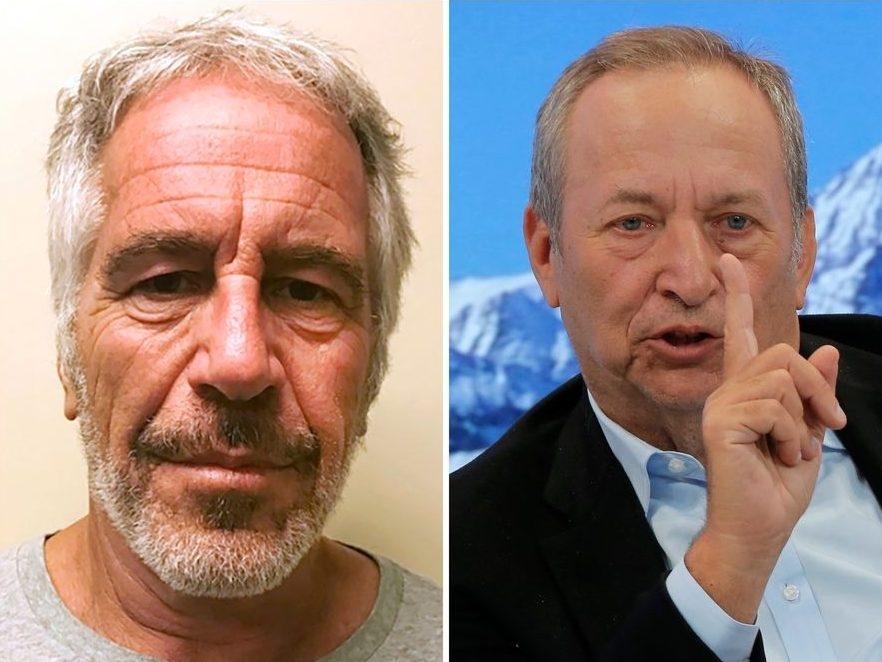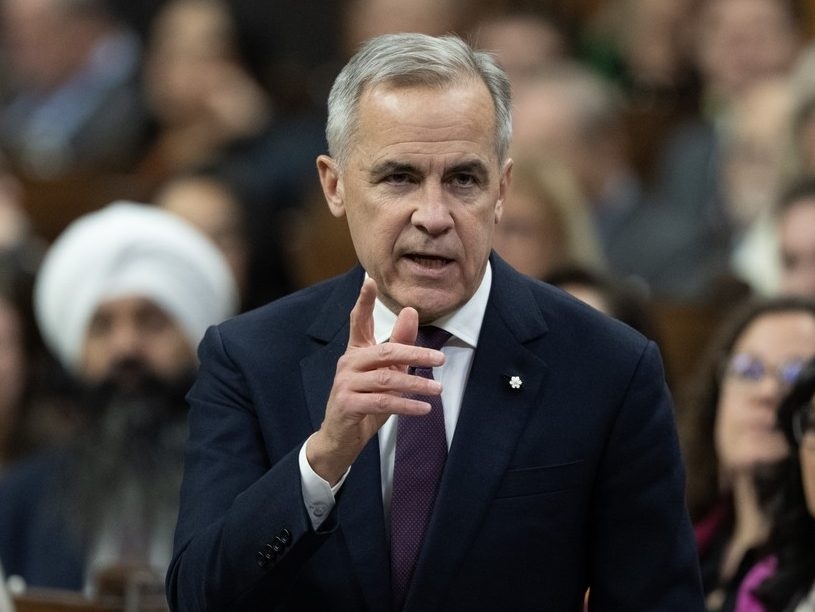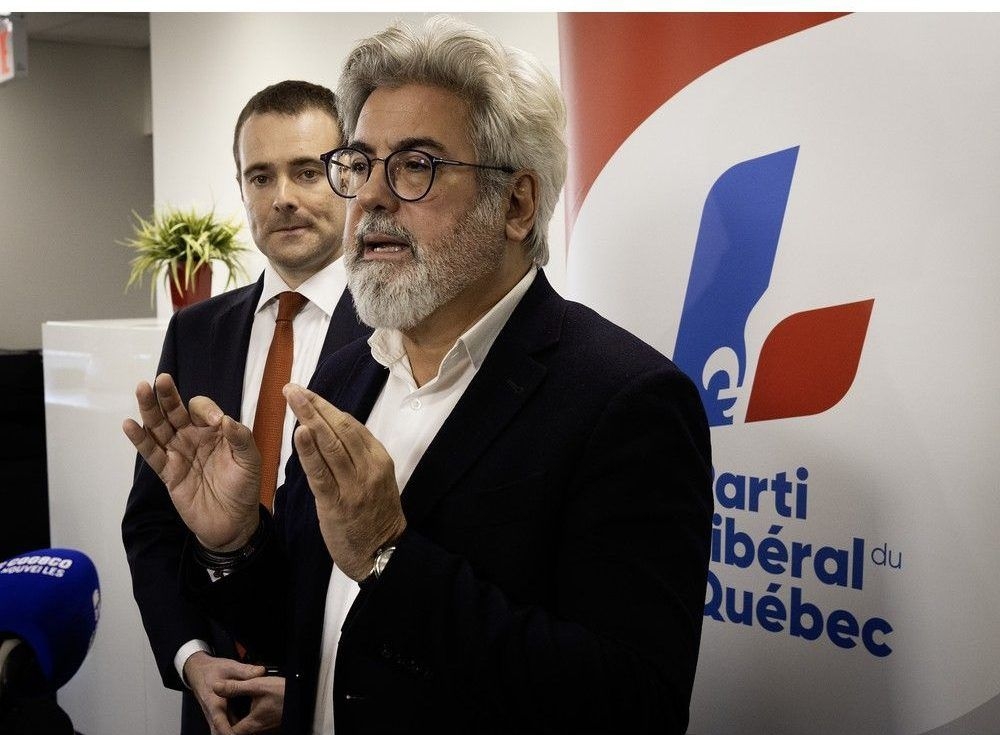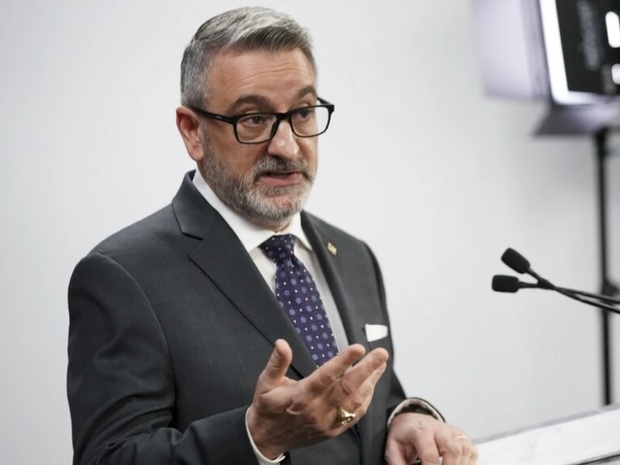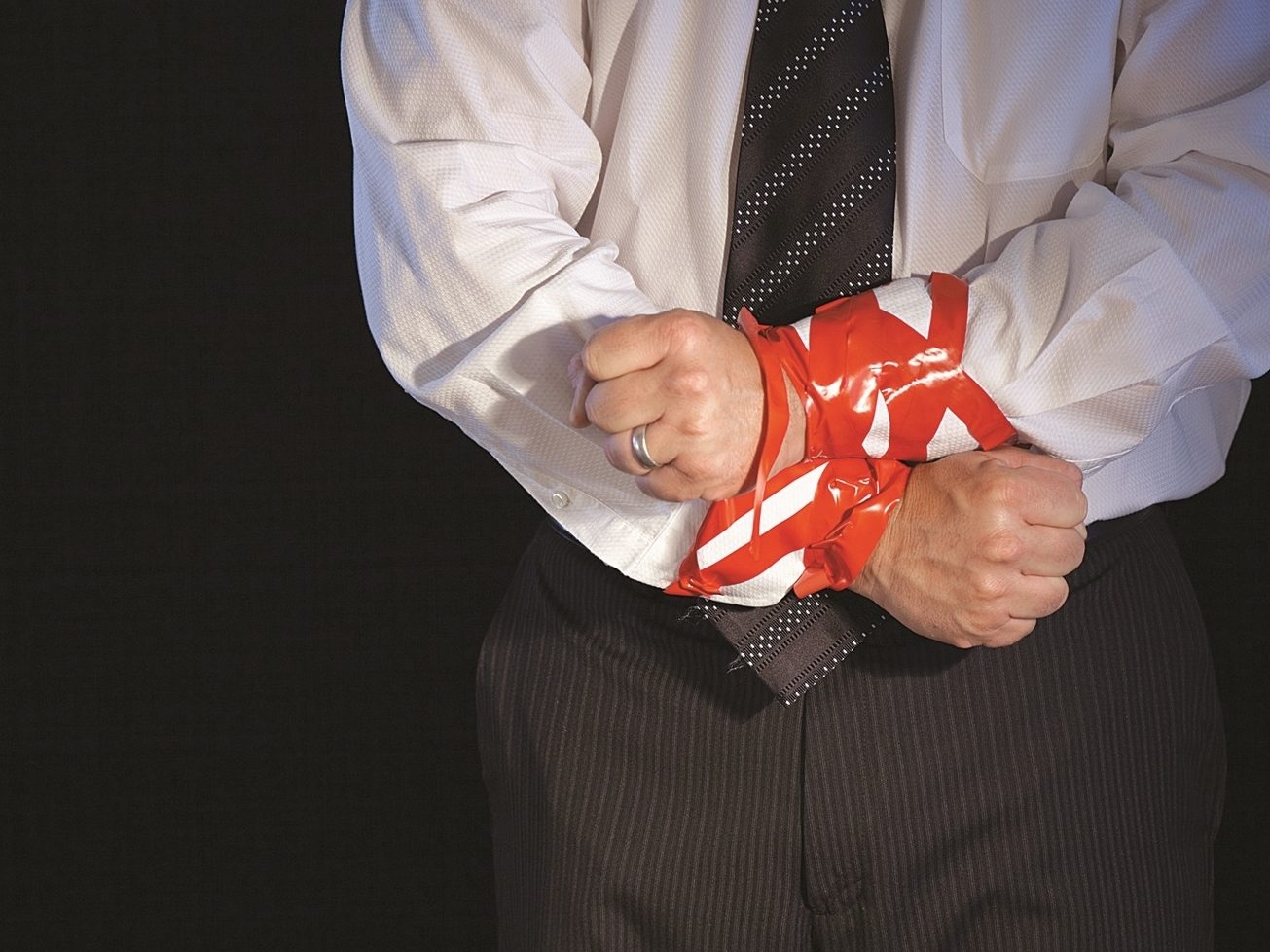The prosecution of former FBI Director James Comey is teetering on the brink, ensnared in a web of procedural questions that threaten to unravel the entire case. A recent hearing revealed startling details about how the indictment was presented to the grand jury, raising serious doubts about the integrity of the process.
Comey’s legal team is aggressively challenging the charges, arguing the prosecution is driven by political vindictiveness. They point to a pattern of attacks from a former president and the unusual circumstances surrounding the appointment of the prosecutor, Lindsey Halligan, who lacked significant prior experience.
The core of the issue centers on whether the grand jury fully reviewed the final indictment. During questioning, the Justice Department conceded that not all jurors saw the revised charges – a critical detail that has ignited a firestorm of legal debate. This admission casts a long shadow over the legitimacy of the indictment itself.
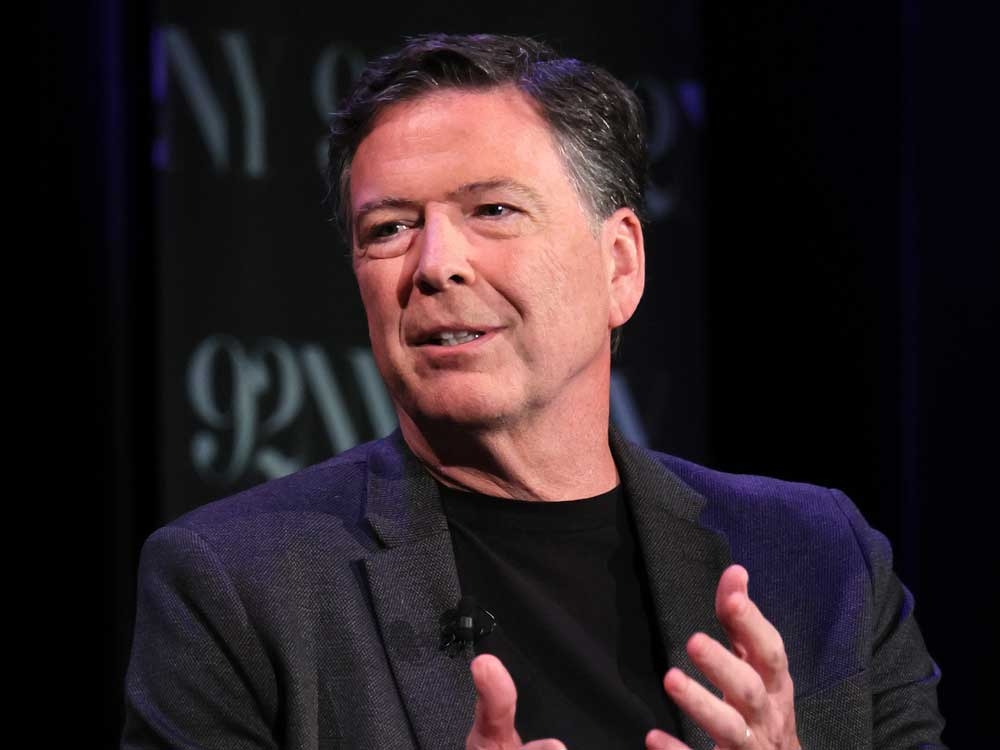
A previous judge had already flagged “profound investigative missteps,” including potential misstatements of law to the grand jury. While the Justice Department maintains the process was sound, the mounting concerns are difficult to ignore. The situation unfolded as two separate indictments were presented to the grand jury, after the first was rejected.
The initial three-count indictment was scaled back to two counts after jurors balked at one of the proposed charges. The Justice Department then secured a second indictment accusing Comey of making a false statement and obstructing Congress. Comey has vehemently denied any wrongdoing and entered a plea of not guilty.
Magistrate Judge William Fitzpatrick raised the initial alarm, questioning whether the entire grand jury had even seen the final two-count indictment. This prompted a direct inquiry from the trial judge, Michael Nachmanoff, who pressed prosecutors for answers during Wednesday’s hearing.
Under intense questioning, a prosecutor acknowledged that only two grand jurors, including the foreperson, were present when the revised indictment was presented. Comey’s lawyers immediately seized on this revelation, arguing it provides grounds for dismissal, and that the statute of limitations may have expired.
The Justice Department attempted to downplay the significance of the disclosure, claiming the charges in the final indictment were identical to those the grand jury had previously approved. However, this explanation has done little to quell the growing concerns about due process.
Central to the defense’s argument is the claim that the prosecution is a direct result of a former president’s relentless pursuit of retribution. Lawyers presented a litany of public attacks and a specific directive to the Attorney General to take action against political opponents.
A particularly damning piece of evidence is a social media post from the former president demanding “JUSTICE MUST BE SERVED, NOW!!!” – a message sent shortly before Halligan was appointed as U.S. attorney. The timing raises questions about the independence of the prosecution.
Halligan, a White House aide with limited prosecutorial experience, replaced a veteran prosecutor who had previously declined to charge Comey. Her rapid appointment and swift indictment of Comey, just before the statute of limitations expired, have fueled suspicions of political interference.
Comey’s lawyer suggested Halligan was acting as a “puppet” for the administration, carrying out a predetermined agenda. While stopping short of using that exact language, the lawyer asserted that she “did what she was told to do.”
The defense argues that the government should not wield the power of criminal prosecution to silence critics, violating fundamental First Amendment rights. The prosecution insists Comey was indicted because he broke the law, not because of any political pressure.
However, the judge pointedly questioned how Halligan could have conducted an independent evaluation of the case in the brief period between her appointment and presenting it to the grand jury. The Justice Department refused to disclose internal memos outlining reasons for previously declining to pursue charges against Comey, citing privilege.
The judge, recognizing the complexity of the issues, declined to issue an immediate ruling. The fate of the case now hangs in the balance, with the potential to set a significant precedent regarding the limits of executive power and the independence of the Justice Department.
